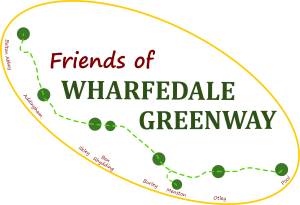10. Sequestering organic carbon
Why?
Government policy is to achieve net zero greenhouse gas emissions (expressed as carbon dioxide equivalent) by 2050. The term “net zero” recognises that this target is unlikely to be met only by reducing greenhouse gas emissions. At present net zero can only be achieved by removing carbon dioxide from the atmosphere using natural biological processes. These involve the uptake of carbon dioxide by plants to create organic matter that can be subsequently stored. There are three main processes: first, planting new trees and hedges and allowing existing trees to continue growing. This allows carbon to be stored in branches, trunks and roots; second by rewetting peat lands. This allows decomposition processes to be slowed down and partly decomposed plant material to be buried; and third, managing soils to increase their organic matter content.
How?
- Protect individual healthy trees wherever they occur to allow them to grow, store carbon and provide a habitat for wildlife
- Plant small trees, such as fruit trees, rowan, hazel and birch, in gardens
- Replace a boundary fence with a native species hedge
- If you are a landowner, seek opportunities to plant trees and hedgerows, choosing native species suited to your soils and climate. Contact
This email address is being protected from spambots. You need JavaScript enabled to view it. for advice and, in some cases, help with planting. Government grants are available to buy saplings and erect fences. See: https://whiteroseforest.org/get-involved/plant-trees-on-your-land/ - Protect soil organic matter in your garden using permaculture (no dig) methods https://www.permaculture.co.uk/. This allows organic matter to accumulate in the soil
- Encourage wildflowers to grow in your lawns and in our village green spaces. Most wildflowers have deeper rooting systems than grasses improving soil structure, stabilising them and preventing soil erosion and enabling organic matter to build up
- If you are a farmer, follow the principles of regenerative agriculture, that seeks to reduce soil disturbance by ploughing, uses cover crops to protect the soil and aims to keep living roots in the soil. See: https://www.wildlifetrusts.org/blog/vicki-hird/what-regenerative-farming
- Support Yorkshire Peat Partnership’s work restoring our local blanket bogs https://www.yppartnership.org.uk/. There are opportunities for volunteering.


















